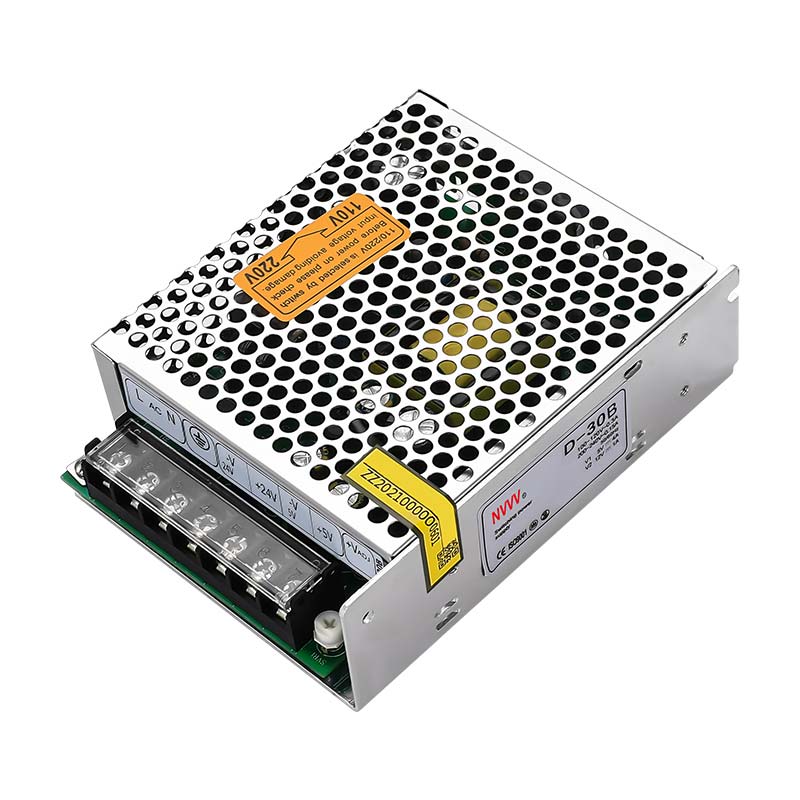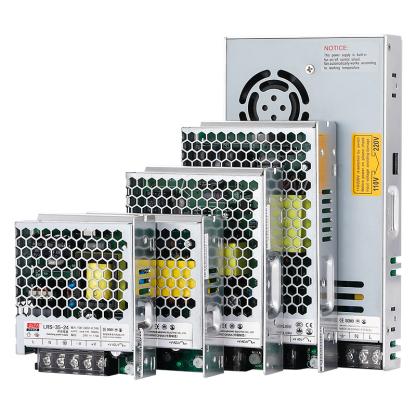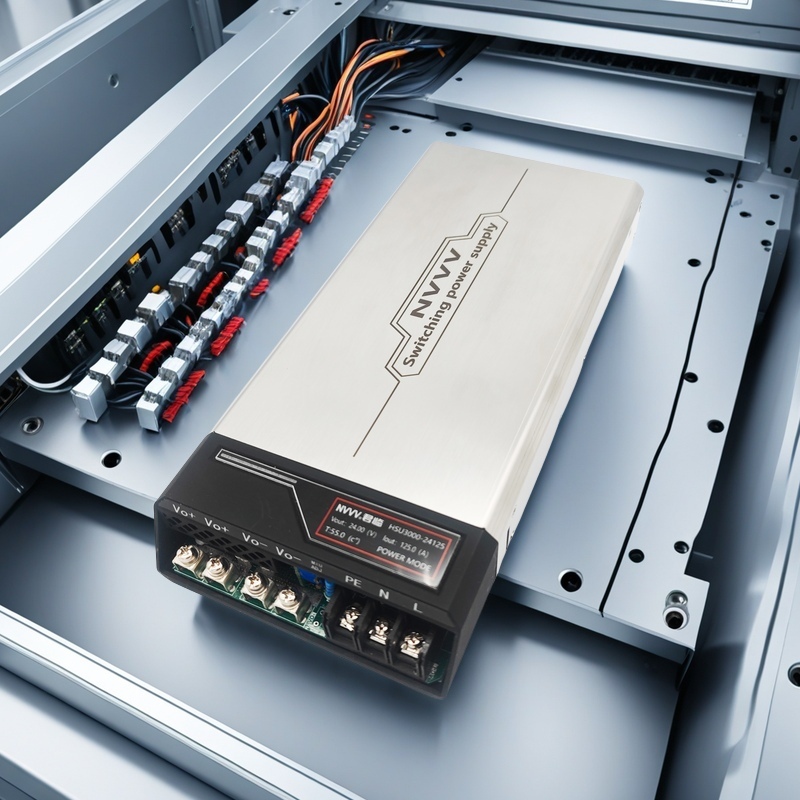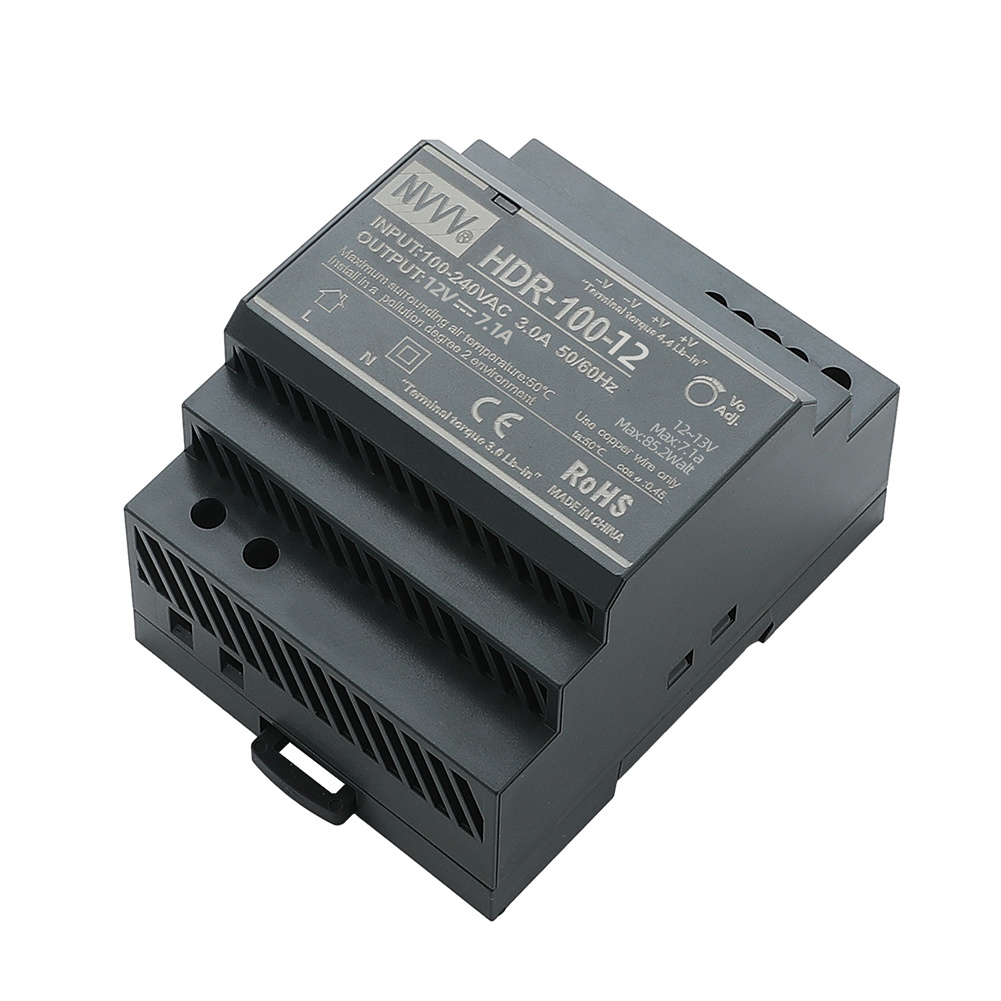How to Choose Power Supply for PC: What to Know
Choosing the right power supply for your PC is crucial for ensuring its stability, efficiency, and longevity. A power supply unit (PSU) converts mains AC to low-voltage regulated DC power for the internal components of a computer. It's a critical component, yet often overlooked by many users. In this guide, we will delve into what you need to know when selecting a power supply for your PC, with a focus on Switched Mode Power Supply (SMPS) technology, which is commonly used in modern PCs.
Understanding Power Supply Units (PSUs)
A power supply unit is more than just a box that provides power to your PC. It is the lifeline that ensures all the components receive the correct amount of power, thereby ensuring smooth operation. Here's what you need to understand about PSUs:
Wattage: This is the total power output the PSU can deliver. It's crucial to calculate the total wattage your system will require. Tools like PCPartPicker can help you estimate the power consumption of your build.
Efficiency: Efficiency is measured by how much power the PSU can deliver to your components versus how much it draws from the wall. Higher efficiency means less power waste and heat. Look for PSUs with an 80 PLUS certification, which indicates a certain level of efficiency.
Form Factor: Ensure the PSU fits your case. Common form factors include ATX, SFX, and TFX. ATX is the most common for desktop PCs.
Modularity: Modular PSUs allow you to detach all cables, semi-modular have some fixed cables, and non-modular have all cables fixed. Modular PSUs help with cable management and airflow within the case.
Rails: PSUs come with either single or multiple +12V rails. Single rail PSUs deliver all power through one pathway, whereas multi-rail PSUs split it among multiple pathways, offering additional protection against overcurrent.
What is an SMPS?
A Switch Mode Power Supply (SMPS) is a type of PSU that uses a switching regulator to convert electrical power efficiently. Switching mode power supply is preferred in PCs due to its efficiency and ability to handle various power conditions. It works by switching the load current on and off to maintain the desired voltage output, which is more efficient than linear regulators.
Key Considerations When Choosing a PSU
When selecting a power supply for your PC, consider the following factors:
1. Power Requirements
Determine the power requirements of your system. High-end graphics cards, CPUs, and other components can significantly increase power consumption. A general rule of thumb is to choose a PSU with at least 25-30% more wattage than your system's peak requirement to accommodate future upgrades and ensure stability.
2. Efficiency Ratings
Efficiency is a critical factor in choosing a PSU. The 80 PLUS certification comes in different levels: 80 PLUS, 80 PLUS Bronze, Silver, Gold, Platinum, and Titanium. These ratings represent the efficiency of the PSU at different loads (20%, 50%, and 100%). Higher efficiency PSUs reduce electricity costs and heat output, contributing to a quieter and cooler system.
3. Quality and Reliability
The quality of components used in the PSU affects its reliability and lifespan. Look for PSUs from reputable manufacturers that offer warranties of 5 years or more. Reviews and ratings from other users and experts can also provide insights into the PSU's reliability.
4. Protection Features
A good PSU will have several protection features such as Over Voltage Protection (OVP), Under Voltage Protection (UVP), Over Current Protection (OCP), Over Power Protection (OPP), and Short Circuit Protection (SCP). These features help prevent damage to your components in case of a power surge or failure.
Calculating Power Requirements
To accurately determine your power needs, consider the power draw of each component. Here’s a basic breakdown:
CPU: Modern CPUs can draw anywhere from 65W to over 150W, depending on the model and whether it's overclocked.
GPU: Graphics cards are often the most power-hungry components, with high-end models drawing up to 300W or more.
Motherboard: Typically consumes 30W to 80W.
Memory: Each stick of RAM consumes about 2W to 5W.
Storage: SSDs consume 2W to 5W, while HDDs can consume up to 10W.
Cooling: Case fans and CPU coolers can add an additional 5W to 15W each.
Once you’ve totaled these values, add 25-30% for overhead and future upgrades. For example, if your total estimated power consumption is 400W, aim for a PSU with at least 500W to 550W.
Understanding Efficiency and 80 PLUS Certification
Efficiency in a PSU refers to the amount of power that is actually used to power your PC versus the amount drawn from the power outlet. An efficient PSU wastes less power as heat and saves on electricity bills.
80 PLUS Certification
The 80 PLUS certification indicates that a PSU has at least 80% energy efficiency at 20%, 50%, and 100% of rated load, and it also meets other quality standards. Here's a breakdown of the different levels:
80 PLUS: 80% efficiency at 20%, 50%, and 100% load.
80 PLUS Bronze: 82%, 85%, and 82% efficiency at 20%, 50%, and 100% load.
80 PLUS Silver: 85%, 88%, and 85% efficiency.
80 PLUS Gold: 87%, 90%, and 87% efficiency.
80 PLUS Platinum: 90%, 92%, and 89% efficiency.
80 PLUS Titanium: 90%, 92%, and 94% efficiency at 10%, 20%, and 50% load.
Higher efficiency ratings typically mean higher quality components and better overall performance.
Form Factors and Compatibility
Ensure the PSU you choose fits your PC case and is compatible with your motherboard and other components. The most common form factors include:
ATX: Standard size for most desktop PCs.
SFX: Smaller form factor for compact builds.
TFX: Slim form factor for small cases.
Check the dimensions and mounting points of the PSU to ensure compatibility with your case. Also, ensure the PSU has the necessary connectors for your motherboard, CPU, and GPU.
Modularity and Cable Management
Cable management is crucial for maintaining good airflow and a clean build. PSUs come in three types of modularity:
Non-modular: All cables are permanently attached to the PSU. This can make cable management challenging.
Semi-modular: Some cables are fixed, while others are detachable. This offers a balance between cost and convenience.
Fully modular: All cables are detachable, allowing for the best cable management and airflow.
Rails and Stability
The +12V rail provides power to most of the critical components in a PC, including the CPU and GPU. PSUs can have single or multiple +12V rails:
Single Rail: Provides all power through one pathway. It simplifies power distribution but requires good quality components to handle high current.
Multi Rail: Splits the power across multiple pathways, providing additional protection against overcurrent. This can be beneficial for high-end systems with multiple GPUs.
Choosing the Right Brand
Brand reputation and warranty are crucial when choosing a PSU. Brands like NVVV are well-regarded for their quality and reliability. Look for PSUs that come with long warranties (5 years or more) and good customer support.
Conclusion
Choosing the right power supply for your PC involves understanding your power requirements, prioritizing efficiency, ensuring compatibility, and selecting a reliable brand with good warranty support. By taking these factors into account, you can ensure that your PC runs smoothly, efficiently, and reliably for years to come.
Remember that the power supply is the backbone of your PC, and investing in a high-quality PSU is a decision that will pay off in the long run. A good PSU not only ensures the safety and longevity of your components but also contributes to a quieter and more efficient system.








